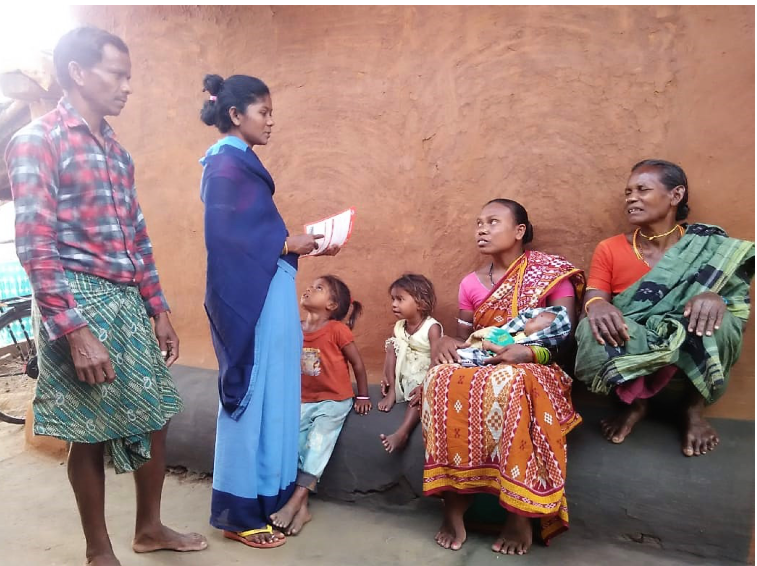When Tulsa Naik gives birth, her child will be one of more than 25 million babies born in India this year. Already the mother of a two-year-old daughter, she and her husband, Hrudananda, know this will be a joyful time in their family’s life.

But in Odisha, the eastern Indian state where they live, the risks of pregnancy and the period after birth for both mothers and babies too often temper this joy. The number of newborns who die within their first month of life is markedly higher in this state than the national average – 24 deaths per 1,000 live births – and India suffers far too many maternal deaths, as well: 190 for every 100,000 live births.
Yet, there is good news: with proper health care, the large majority of these deaths are preventable.

If we know how to prevent these deaths, why do 830 women still die each day around the world from preventable causes related to pregnancy and childbirth? Globally, why do 2.5 million babies not survive the newborn period?
The answer is simple, but stubborn: lack of access to high-quality care. Compounding this are missed danger signs, delays in seeking care, and a dearth of knowledge about healthy behaviors during the antenatal and postnatal periods.
Most of these needless deaths occur during the critical first 42 days following childbirth, known as the postnatal period. In rural India, community health workers (CHWs) form an essential bridge between communities and health facilities. However, the current system has shortfalls due to lack of high-quality health care delivery and lack of communication between health facilities and communities.
As facility deliveries have increased, mothers and newborns have not consistently received high-quality postnatal care prior to discharge. In addition, the opportunity to link the facility with the robust community work force – who are mandated to provide this postnatal care at home – is also often overlooked for these patients.
To address these gaps, and to ensure that vulnerable mothers and their babies receive the attention they need, an MCSP pilot study is exploring new ways to strengthen healthcare service delivery efforts in the region through the first 42 days after birth.
Read more from this photo blog, cross-posted from Save The Children and MCSP, here.
